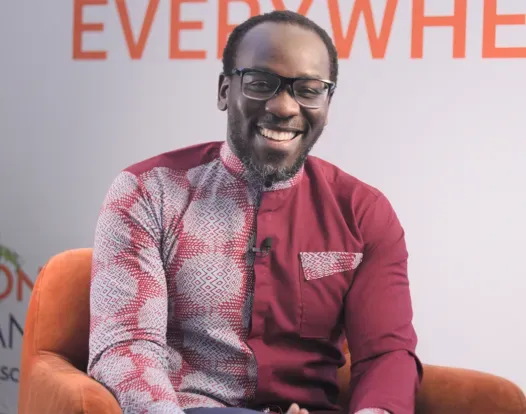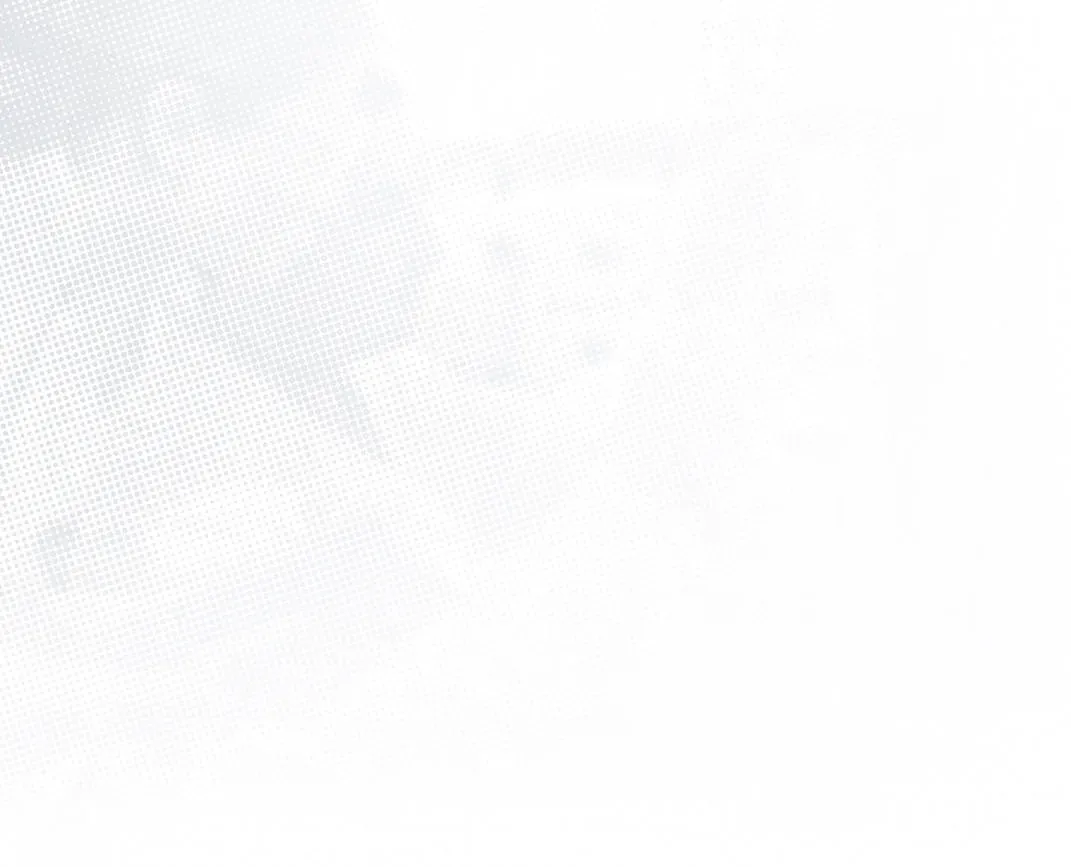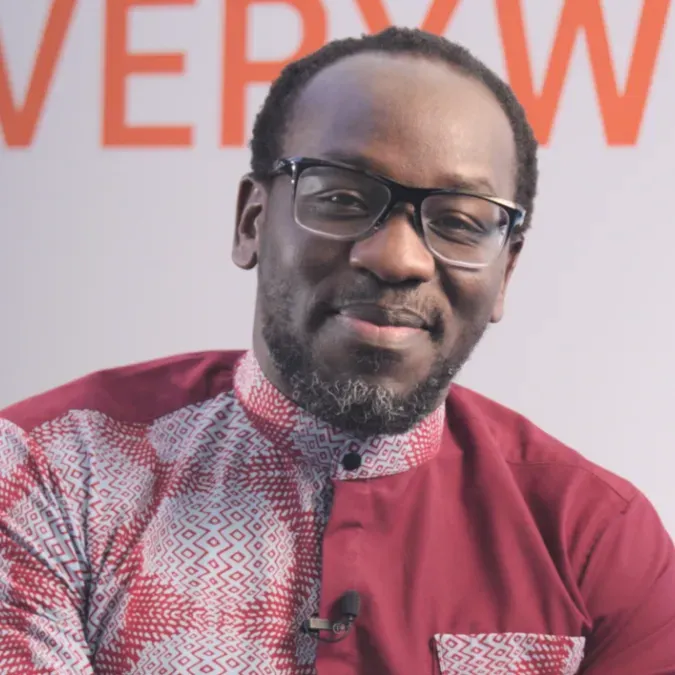These researchers dedicate their careers to finding new treatments and cures for people with cancer.


Global problems, like cancer, require global solutions.
Every year, millions of people around the world are diagnosed with cancer. Though certain risk factors make some people more vulnerable, cancer can develop in anybody—regardless of age, location, financial status, or disease history. It’s why conquering cancer requires an all-hands-on-deck approach, with physician-scientists around the world collaborating to improve options and outcomes for patients everywhere. And it’s why oncologist Dr. Thomas Odeny is committed to researching and treating virus-associated cancers, which often transcend global or economic barriers.
An oncologist based at WashU Medicine in Missouri, Dr. Odeny has seen firsthand how global collaboration can accelerate progress for people with cancer. He works closely with his university’s Global Health Center, which establishes partnerships between the United States and other nations to bring the world’s foremost medical researchers together and to spur innovation that benefits patients worldwide. Dr. Odeny focuses much of his research on virus-related cancers—including Kaposi sarcoma, a herpes-associated cancer most common in sub-Saharan Africa and among people diagnosed with HIV or AIDS. He used his Global Oncology Young Investigator Award (YIA) funding from Conquer Cancer to study this rare cancer in populations from both North America and Africa. Through his work, he hopes to come up with solutions that benefit people with cancer not only in those regions, but also stigmatized and underserved populations around the world.
In this interview, Dr. Odeny discusses what drew him to this work, why international collaboration is so important, and the importance of working within a community to conquer cancer.
Conquer Cancer: How has receiving your Conquer Cancer funding affected your career and your research?
Dr. Odeny: I received the YIA at a time when I was just finishing my fellowship, and it really was helpful for me to have something to sort of give me a lift off into my career as a young, budding oncologist. It helped me come into medical oncology with something to start from. Conquer Cancer provided me that bridge so that I could start this work without delay. It's urgent work that we do with global oncology, and this funding was helpful for us to begin closing those gaps really quickly.
Conquer Cancer: There’s been a lot of discussion about the need for stable funding if we hope to help people with cancer. Can you talk about the importance of research funding and the impact it has for global populations and international collaboration?
Dr. Odeny: My research focuses on viral oncology, or virus-associated malignancies, many of which are more common outside the U.S. To do relevant clinical trials, we need to enroll many people. If we focus on domestic populations alone, it's either impossible to enroll enough, or it will take an inordinately long time to complete these trials.
Incorporating global populations helps us reach targets quickly. And that's beneficial in a reciprocal way. Here in the U.S., it allows us to accelerate discovery and to translate our research findings into patient care. But it also helps global populations gain access to a really high quality of care. In an environment where global funding is reduced or in jeopardy, we fear that the negative impact will be felt, yes, in places like Africa where we have lots of collaborations, but also here in the U.S.
There are some rare diseases that we cannot get answers for without having global collaborations.
My Conquer Cancer grant, for example, allowed me to be a bridge between us and Africa by studying a disease that was common in East Africa and then comparing those outcomes what we see in the U.S. It yielded insights that we otherwise wouldn’t have been able to understand.
Conquer Cancer: What motivated you to pursue a career in viral oncology research?
Dr. Odeny: When I finished medical school as a young physician, I was in East Africa, in Kenya. My first job as a physician was as a provider for people with HIV. This was at the peak of the HIV epidemic. I saw people die with the disease—friends, relatives, my own brother died of HIV. It was a time when this was a death sentence. But with lots of funding and support from partners, there was a revolution in the HIV epidemic.
Now, with those patients living longer and longer, we see them facing other challenges, including non-communicable diseases like cancer. I realized that these patients living longer would now need more specialized care. We learned so much from HIV, and I believe we can do something similar with cancer. I've seen how a disease can go from being devastating to something chronic but manageable. I have hope we can achieve that with cancer, and that is what I hope to do.
Conquer Cancer: What else do you see happening in the oncology field that gives you hope?
Dr. Odeny: What makes me hopeful is when I take care of my patients. Researchers and clinicians are human beings, and sometimes when we have challenges with negative trial results or lack of funding, there can be some discouragement. But when I talk to patients and see hope in their eyes and remember that they look at us as solution providers, that gives me hope. I remember that we are not in this alone, that the work that we do touches people's lives. That kind of satisfaction gives you so much to keep going with.
Conquer Cancer: What would you say to a young investigator out there right now who's struggling to find funding and perhaps losing hope?
Dr. Odeny: My grandfather told me that however dark the night is, the dawn must break. It's not going to be dark forever. We just need to hold on. These are difficult times, but it's these difficult times that make us stronger. It's turbulent waters that make skilled sailors. I think these are opportunities to learn resilience.
For young oncologists, there are other funding opportunities to look out for. I think traditionally we've looked at federal and government opportunities, which are excellent, and there are other great opportunities like Conquer Cancer. For me, it was eye-opening that these types of grants can make a difference.
Conquer Cancer: What does conquering cancer mean to you?
Dr. Odeny: To me, conquering cancer means living in an environment where people have hope. They have access to the care that they need, whatever that may be.
I think conquering cancer also means acknowledging that there might be things we can't cure, and that those things that are just a part of life, but they don't have to keep us down.
Last Updated: 09/24/25
